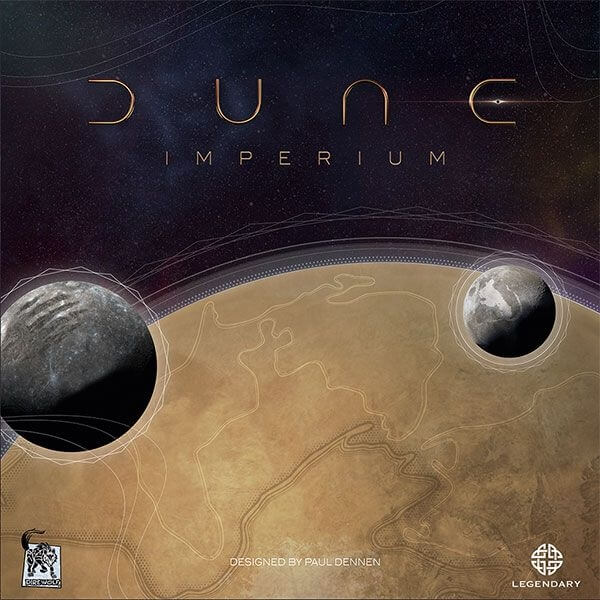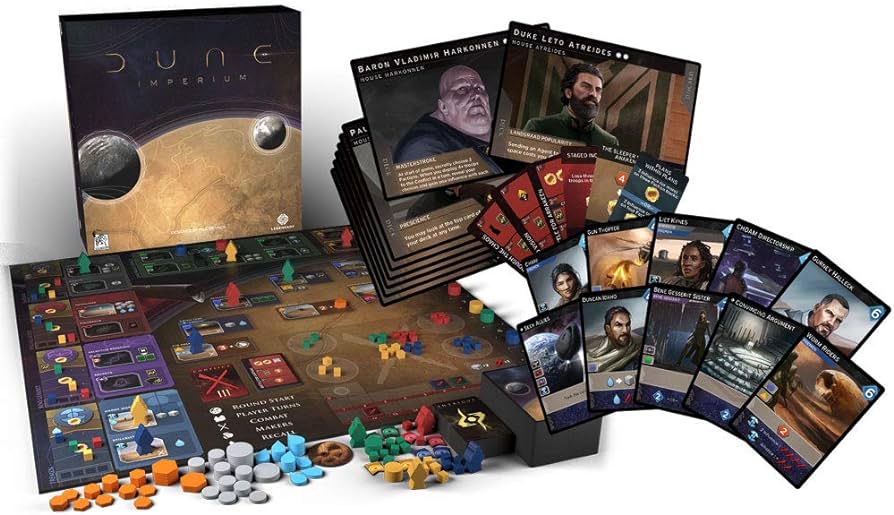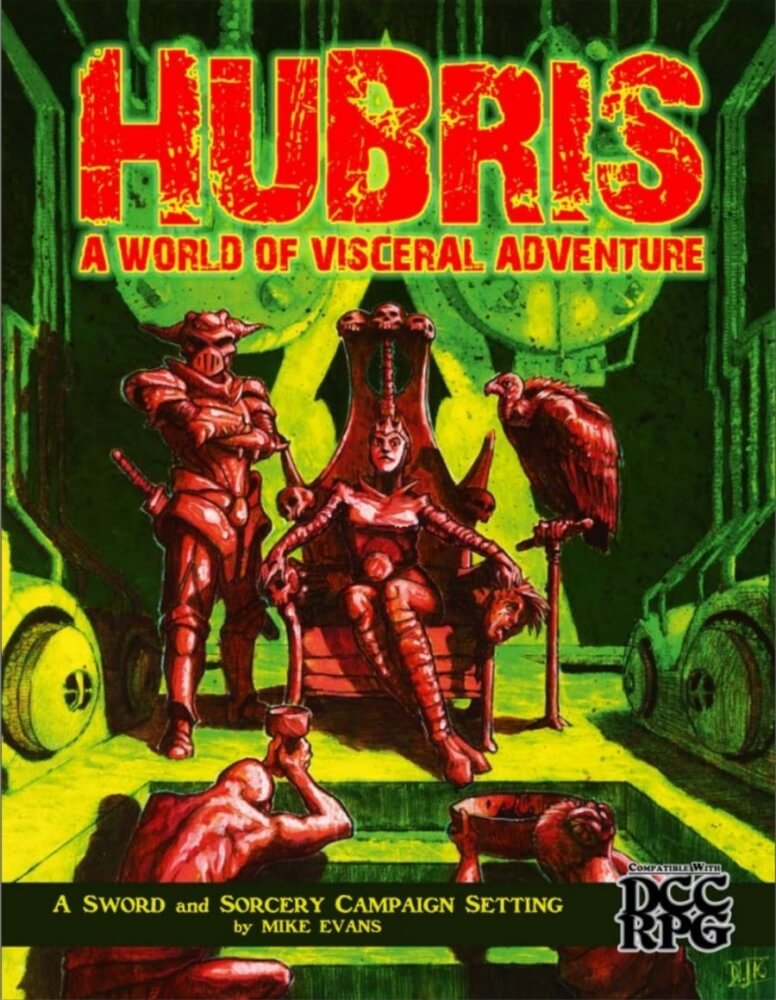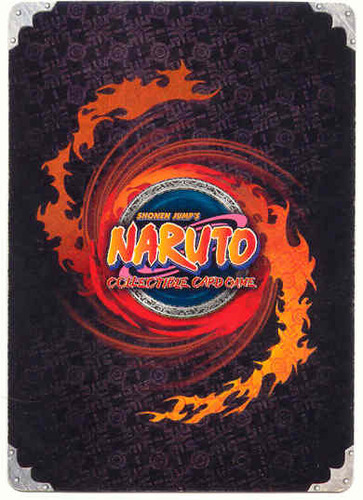
Dune: Imperium
Dune: Imperium is a board game that captures the essence of the iconic Dune universe, combining deck-building strategy with worker placement mechanics. Players take on the role of leaders of renowned noble houses, each trying to expand their influence over the planet Arrakis, the source of the valuable spice melange. In this game, you'll have to balance collecting resources, recruiting allies and carrying out subterfuge in order to stand out in the political landscape of Landsraad. The hidden information dynamic adds a layer of strategy, where careful decisions can result in surprising victories or devastating defeats. With an immersive design, Dune: Imperium offers a challenge for those seeking to master the complexity and intrigue of Frank Herbert's universe, providing a rich and immersive experience in every game.Artists: Clay Brooks; Nate Storm
Designers: Paul Dennen;
Date: 2020
Note: 8.8
Mechanics: Allocation of workers, Players with Different Skills, Conflict Resolution by Letters
Topics: Pop or Geek Culture, Science Fiction, Literature, Politics
Table of Contents
- How to Play
- Tips for playing
- Game mechanics
- Game components
- Additional Information
OBJECTIVE OF THE GAME

Tips for playing
Here are some tips for doing better in the game Dune: Imperium:
- Explore all the houses of power, including those that don't seem advantageous; they could be key to future strategies.
- Invest in combat-focused intrigue cards in the late game; they can turn the tide in a crucial round.
- Build a balanced deck of power, resource and influence cards, prioritizing strategic flexibility.
- Keep an eye on your opponents' actions and adjust your strategy to block or circumvent their moves.
- Careful management of spices and water is vital; these resources are often the key to gaining the necessary control.
- Don't underestimate the importance of influence; alliances can offer decisive bonuses.
- Always follow the victory points trail and use direct actions to get small increases when possible.
- Strategize how to obtain and use leader cards properly; unique skills can change the course of the game.
Video about the game
GAME mechanics
- Allocation of workers: In "Dune: Imperium", players use their agents, or workers, to carry out actions in different places on the board. Each space offers specific benefits, such as collecting resources (water, spice, money), obtaining cards, or influencing factions. The choice of location is strategic, as some areas are blocked after an agent is allocated there, preventing other players from accessing them until the next round.
- Deck building: Players start with a basic deck and, over the course of the game, acquire cards that expand their possibilities for action. The cards serve different functions: some strengthen influence in factions, others allow you to move troops or obtain resources. The construction of the deck is crucial to the strategy, and must balance between enhancing the efficiency of actions and ensuring tactical flexibility in future plays.
- Bags and parts: Resources and strategic components, such as water, spice and Solaris (money), are fundamental to progression in the game. They are used to negotiate and allocate workers, as well as influencing the ability to draw cards and control regions. Resource management requires careful balancing, as each action consumes specific quantities of these elements.
- Players with Different Skills: Each player takes on the role of a leader with unique skills that influence the way the game is played. These skills offer specific advantages, such as bonuses in resource collection or diplomatic actions. This diversity adds an extra layer of strategy, as players must make the most of their special abilities to outwit their opponents.
- Conflict Resolution by Letters: Conflicts are resolved at the end of each round, based on cards played by the players. Combat cards, along with troops deployed in conflict regions, determine the winner of each dispute. The rewards range from resources to victory points, which are key to achieving final victory. The intelligent use of combat cards and the strategic positioning of troops are essential to dominating conflicts.
Game components
See all the items in the game below Dune: Imperium:
- 1x Tray
- 1x Help sheet
- 15x water tokens
- 4x Baron Harkonnen tokens
- 23x Spice Tokens (20 value 1, 3 value 5)
- 40x Cards of Intrigue
- 18x Conflict cards (4x level 1, 10x level 2 and 4x level 3)
- 67x Imperium deck cards
- 8x Leaders (shift sequence guide overleaf)
- 1x Meeple of Mentat
- 24x reserve cards
- 1x First player marker
- 16x Cubes (components per player)
- 2x Disks (components per player)
- 3x control markers (components per player)
- 3x Agents (components per player)
- 1x Combat marker (components per player)
- 10x Starter deck cards (components per player)
- 31x Hagal house cards (for solo and/or 2 players)
- 1x Hagal house rules sheet (for solo and/or 2 players)
Additional Information
- Ludopedia link: https://ludopedia.com.br/jogo/dune-imperium
- Link Tabletopia:
- Amazon Brazil link: Comprar Duna: Imperium
- Amazon USA link: Comprar Duna: Imperium


